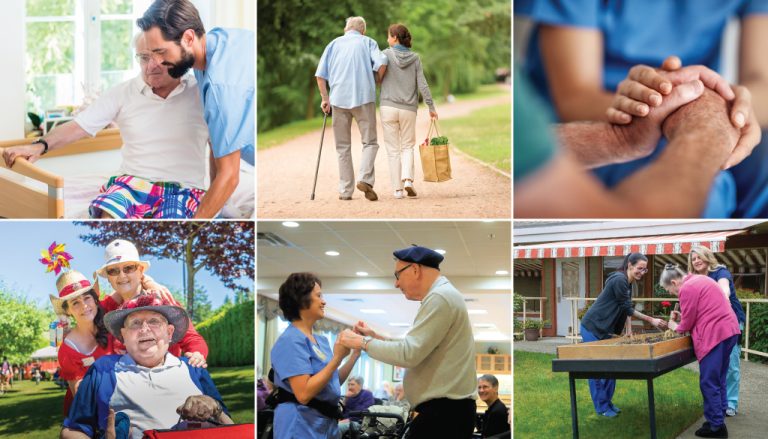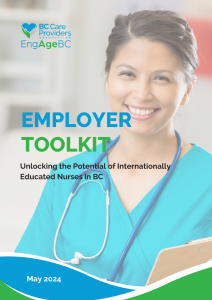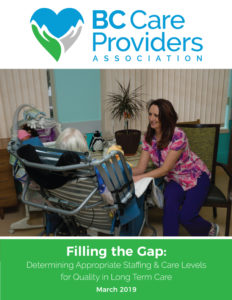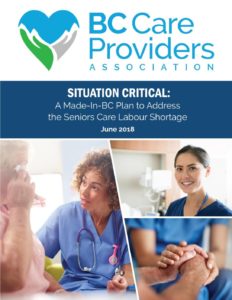
Addressing the staffing crisis
British Columbia is currently facing a staffing crisis—workforce shortages are one of the most pressing issues facing the seniors living, care and wellness sector. More people are needed to maintain safe staffing levels and to ensure quality care and support for older adults in their golden years. Here are 10 facts that you need to know about this important issue.
Education & Training
BCCPA Training Programs

With funding from the Canada-British Columbia Workforce Development Agreement, BCCPA administers free training opportunities in communities across B.C. with significant labour market vacancies. BCCPA supports students throughout their studies with additional financial supports and connections to employers after graduation.
- Health Care Assistant
In collaboration with Discovery Community College, BCCPA administers the 38-week HCA diploma program in communities in the Interior, Island and the North.
Learn more: HCA Training Program – BC Care Providers Association - Therapeutic Recreation Assistant In collaboration with Stenberg College, BCCPA administers the 47-week TRA diploma program in communities across British Columbia. Learn more: TRA Training Program – BC Care Providers Association
- Practical Nurse Access In collaboration with Discovery Community College, BCCPA administers the 52-week access to practical nursing program for experienced health care assistants. Program to be offered in Northern Vancouver Island communities. *coming soon*
To learn more about our current program offerings and whether you are eligible, please visit our programs page.
BCCPA Reports & Resources



